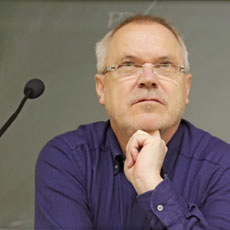
What Can Be Done to Boost Academic Rigor?
When it comes to college students and studying, the general rule most first-year students hear goes something like this. “For every one credit hour in which you enroll, you will spend approximately two to three hours outside of class studying and working on assignments for the course.” For a full-time student carrying 12 credits that equals at least 24 hours of studying per week.








